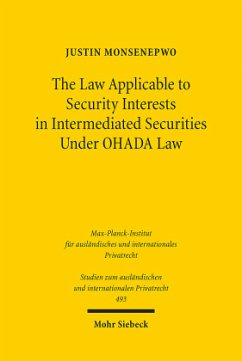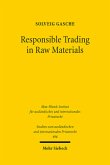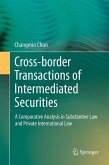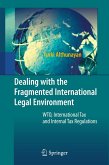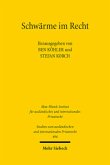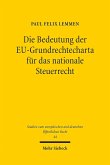In recent decades, the technical handling of custody business in the OHADA region has undergone a lasting change. There has been a shift from a direct to an indirect holding system, in which the interests of an investor in respect of the underlying securities are recorded in the books of an intermediary (such as a bank or a securities firm). Under the law of all states within the OHADA region, the traditional conflict of laws rule for determining the enforceability of a securities pledge that occurs in the indirect holding system is the lex rei sitae (or the lex cartae sitae or the lex situs ) rule. However, the traditional lex rei sitae rule cannot be appropriately applied to a system where the dematerialised securities are held through multiple layers of intermediaries located in different jurisdictions. Yet, until the intermediated system and the collateralisation of intermediated securities in the OHADA region will continue to operate in somewhat legally murky waters, leadingto more instability in the financial markets. Therefore, Justin Monsenepwoaims to find an appropriate and consistent approach that reflects the reality of the indirect holding system in the OHADA region. "This publication is essential reading for policy makers, academics, market participants, and legal practitioners in the OHADA region and beyond. I am convinced that its in-depth analysis of OHADA's substantive and conflict of laws rules will go a long way in filling the gap in this area and encouraging further development in the future." Christophe Bernasconi, Secretary General of the "Hague Conference on Private International Law" - HCCH in the foreword

